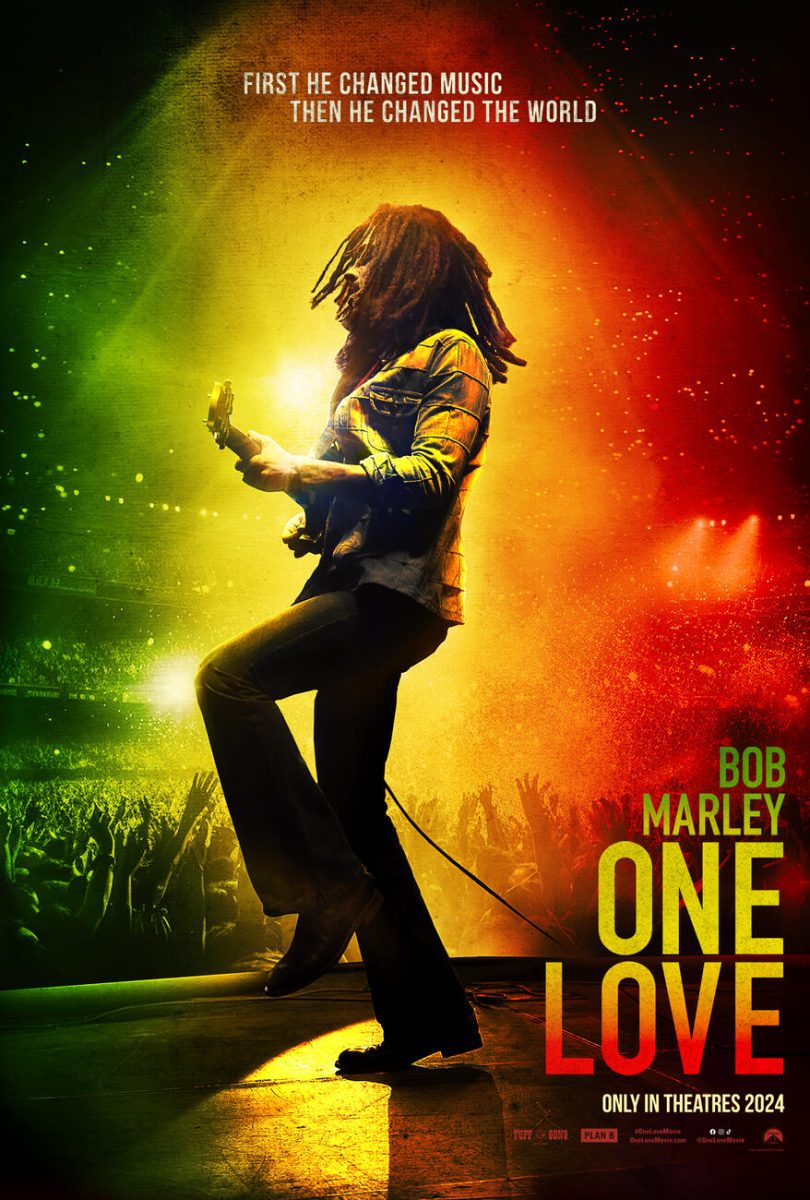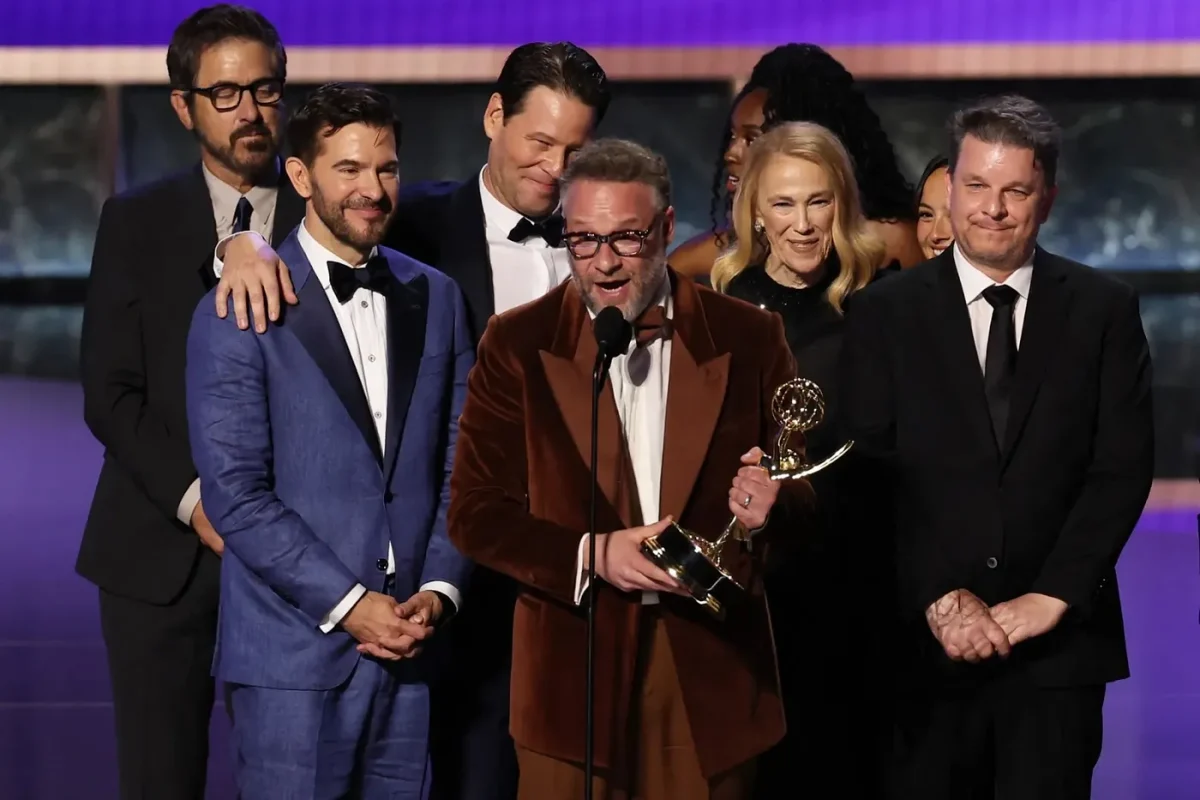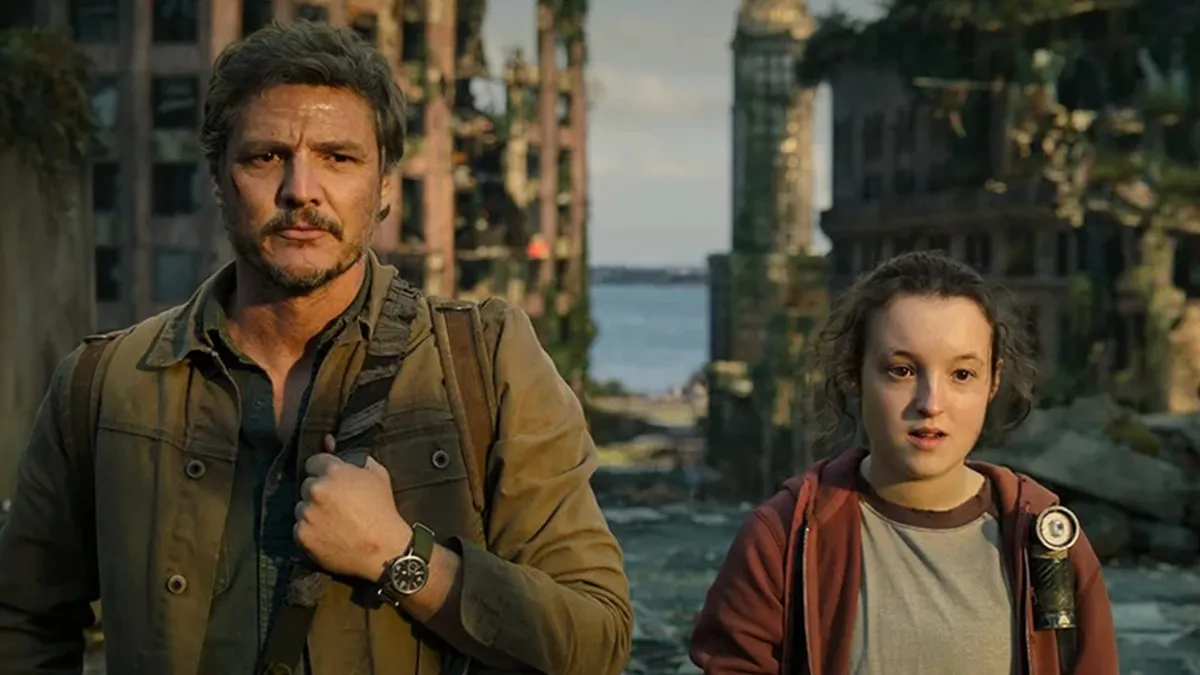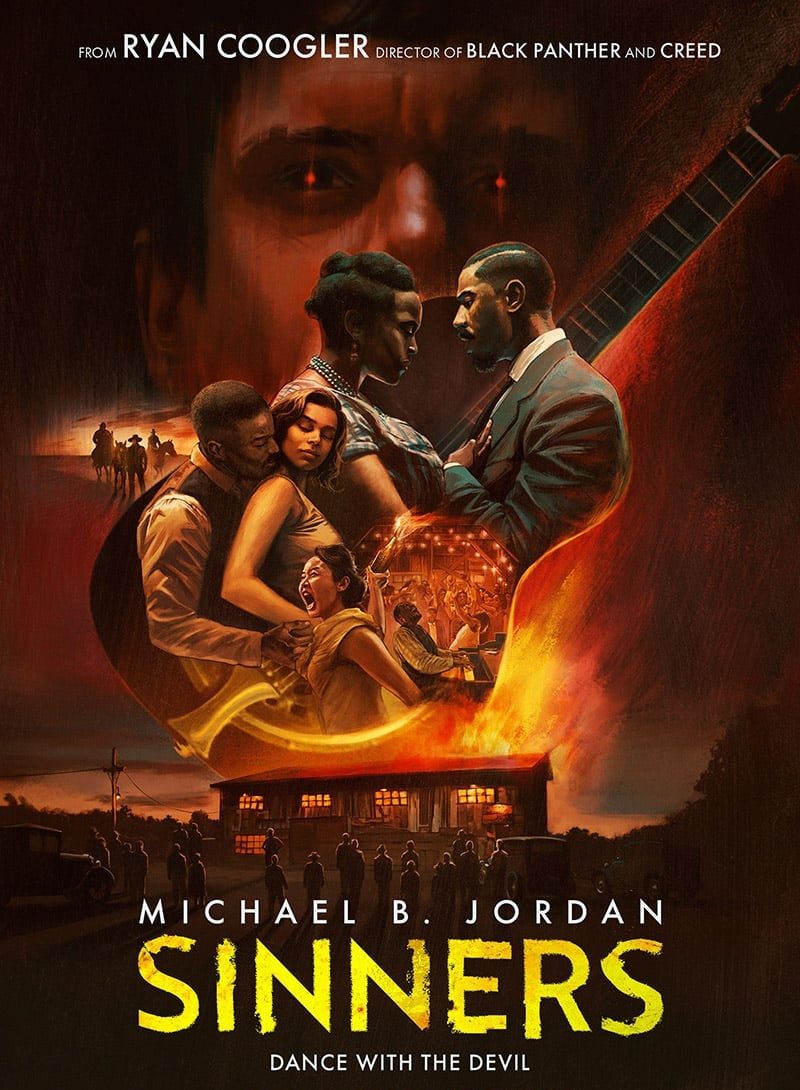“Bob Marley: One Love,” is a 2024 American biopic and musical drama centered around the music of the legendary reggae singer-songwriter Bob Marley, and how his messages of peace moved an entire nation. The movie is set between 1976 and 1978; throughout this time, we see Marley not only in Jamaica but also in London, Paris, Belgium, Denmark and many more places. In this two-year narrative, Marley, who is already a powerful political figure in Jamaica, is organizing a concert for unity to put an end to the bloodshed caused by rival political figures. The movie is, in a way, book-ended by two concerts, as the end of the movie introduces Marley’s first concert in Jamaica since his almost two-year hiatus. What captivates not only the theme of the movie, but Marley’s overall message is that both the concerts that are set up to introduce and conclude the story, are held to foster peace in the nation. Within the first few minutes of the film, the audience witnesses three men invade the singer’s home and attempt to assassinate him, leaving him, his manager and his wife wounded. This scene jumpstarts all the major events that follow.
It was revealed in June 2018 that Ziggy Marley, Bob Marley’s son, would produce a biographical drama film based on his father’s life with Plan B Entertainment which would be distributed by Paramount Pictures. Reinaldo Marcus Green, whose past work includes the 2021 sports biopic “King Richard,” is directing the film behind-the-scenes. Green looks like the ideal person to bring Marley’s biography to the big screen because of his prior experience writing captivating biopics. Cast member of “Secret Invasion” Kingsley Ben-Adir plays Marley in the biopic; he is accompanied by fellow Marvel Cinematic Universe actress Lashana Lynch as his wife Rita.
This film seemed to have barely scratched the surface of Marley’s legacy. Many credit this to the choice of only showcasing two years of the musician’s life in contrast to most other biopics that follow the trajectory of self-invention over a long span. The first time we see Marley he is 31 years old and is getting ready for the Smile Jamaica event. The attempted murder at Marley’s residence disrupts these plans leading to a self-imposed exile in England, where the majority of the remaining scenes of the movie are set. Green avoids clichés for the most part, but in doing so, he also deprives the spectator of a number of expected pleasures. With one notable exception, we are not allowed to see Marley’s incredible ascent from poverty or, moreover, the writing of his most well-known songs.
Kingsley Ben-Adir, who plays the titular role, did an excellent job at capturing the musician’s essence. Along with his incredible depiction of Marley’s stage presence and mannerisms, at points, he does the Jamaican patois so brilliantly that subtitles could have been utilized in the film. However, when the actor, whose speaking voice is lower pitched than Marley’s, starts to sing, what emerges is an odd combination of the actor’s vocals and Marley’s somewhat scratchy tenor that doesn’t seem to be coming from the person shown on screen. In other words, Ben-Adir’s speaking voice does not match up with his singing voice in the film, and the depiction of it is very unconvincing.
Director Reinaldo Marcus Green, however, did a great job at portraying Marley as a three-dimensional character in this film with his parallel story-telling of his childhood along with his internal struggle he faced as a result of having a father who abandoned him. As the songwriter is shown going through his journey of writing the famous “Exodus,” the film goes back-and-forth showing the viewers a dreamlike scene depicting Marley as a young child with an unidentified person riding a horse and appearing to change throughout the movie from Marley’s father to the Ethiopian emperor Haile Selassie. Selassie, the main character in Marley’s Rastafarian faith, is occasionally seen as Jesus’ second coming.
This film felt like a great introduction into who Marley was as a person, and the legacy he left behind. It did not, however, compare to other musical biopics like “Elvis” or “Bohemian Rhapsody,” and this is largely because the directors did not want to play it safe. They portrayed these musicians through all lenses, and while they were glamorized for viewership, it left the viewers with a concrete understanding of the influence these artists had. “One Love” was one step away from reaching that level if only it was given some room to experiment.
Even while it doesn’t have the same length as previous biopics, its distinct concentration on a significant two-year period highlights Marley’s commitment to peace and gives viewers a deep knowledge of the man behind the music and his lasting influence. That responsibility is ultimately placed squarely on Marley’s shoulders in a movie that portrays its protagonist as a flawed but well-meaning martyr for global peace, Jamaican unity, and a sort of cliched, pot-infused sense of forgiveness.
Rating: 7/10








